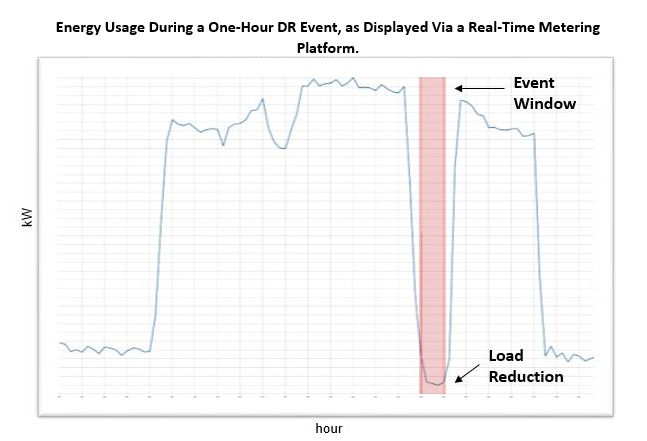Navigating Summer Grid Strains with Demand Response Programs
As summer heat strains the grid, Meltek’s demand response program helps reduce energy use, prevent outages, save money, and cut emissions.
.avif&w=3840&q=75)
When temperatures rise in the summer, many people’s first instinct is to reach for the thermostat and pump up the air conditioning. But with millions of people doing the same thing at the same time, the grid faces immense pressure to keep running. Demand response programs make a huge difference, helping manage electricity to reduce strain and prevent outages during the hottest days of the season. Let's explore why.
Why Is the Grid Under Strain?
- Surging Demand for Air Conditioning: Residential electricity consumption hits its peak during summer as households in the New York region blast their air conditioners. Commercial businesses like movie theaters and stores also compete for electricity to keep their spaces cool. The demand doesn't just increase gradually; it surges quickly, especially putting enormous strain on the grid during the early evening.
- Climate Change and Physical Infrastructure: Among the impacts of a changing climate is a hotter world and more frequent heat waves. As temperatures climb, the grid feels the impact, and infrastructure is strained to the limit. Our power systems are designed for a range of temperatures, but extreme, prolonged heat can cause unexpected failures and widespread outages.
- Regional Heat Waves: While isolated hot days can create challenges for individual areas, widespread heat events can spell disaster on a larger scale. When heat waves cover multiple regions, it’s harder for the grid to share power, making it difficult to offset shortages across areas. This leaves everyone vulnerable to localized outages. Each region has its own set of challenges: The Northeast suffers from reduced capacity, the Midwest relies heavily on wind power that can be unpredictable, and the South and Southwest have persistent, high heat that strains infrastructure.
How Demand Response Programs Can Help
Here enter demand response programs like Meltek. These programs give residential and commercial customers the opportunity to reduce their energy consumption during peak times, preventing overloads that could lead to widespread blackouts.

- Load Shifting and Reduction: Demand response services offer rewards to reduce or shift electricity use to non-peak hours, helping to flatten the curve.
- Cost Savings: Customers save on their energy bills through rewards offered. With Meltek, users can earn rewards and redeem them as cash or gift cards!
- Environmental Impact: By reducing peak demand, fewer "peaker" plants—which tend to be more costly and polluting—are needed. This translates to fewer emissions and a greener, more sustainable grid.
- Deferred Infrastructure Costs: Managing power use during high-demand periods means utilities can avoid building additional power plants and delivery systems that would only be needed during extreme peaks.
The power grid is under pressure, but demand response programs like Meltek are an effective way to keep things balanced. By encouraging consumers to adjust their power use during peak times, these programs help prevent blackouts, save money, and pave the way for a more resilient and sustainable energy future.
Want to help keep the grid steady this summer? Join Meltek’s free demand response service today!
Sources:
https://www.nyc.gov/site/dcas/agencies/demand-response.page
https://www.newsnationnow.com/climate/can-us-power-grids-handle-the-summer-heat/
Ready to Start Earning?
Join thousands of users who are already earning rewards while helping the environment.